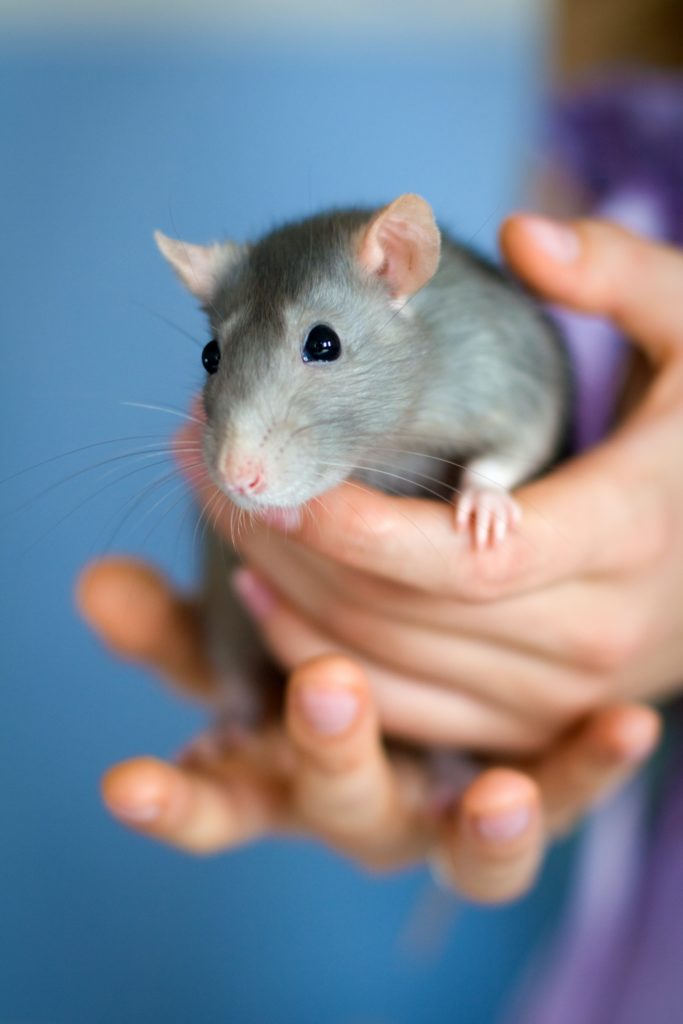Caring for Your Newly Adopted Small Pet
 Small animals can be a big responsibility, so here are some helpful tips about caring for your new addition. Small animals can include rabbits, guinea pigs, ferrets, chinchillas, rats, etc. To make sure you properly care for your new pet, please consult a member of HSHA staff or your current veterinarian on:
Small animals can be a big responsibility, so here are some helpful tips about caring for your new addition. Small animals can include rabbits, guinea pigs, ferrets, chinchillas, rats, etc. To make sure you properly care for your new pet, please consult a member of HSHA staff or your current veterinarian on:
- Choosing the proper cage and materials
- Specific requirements for your new pet. For example: dust baths for chinchillas or vitamin C for guinea pigs.
- Choosing a balanced diet for your pet that will meet its nutritional needs
- Ensuring that your pet receives appropriate exercise and stimulation
- Information about your pet’s GI tract. A healthy GI tract is essential to a small pet’s health
- Cat litter is never appropriate for small pets. It poses serious health risks to these critters
We recommend scheduling a visit after your adoption with your regular veterinarian to start a relationship with them and your new pet. This can also help give you detailed advice on the above topics and the following:
- Most small animals are pretty animals and have adapted to easily hide signs of illness. We suggest having regular examinations with your vet to help uncover any illness that may not be outwardly visible.
- Many small animals have teeth that grow continuously and may cause problems like chewing inappropriately or misaligned teeth. These things can result in serious dental injury.
- Nail trims are a regular part of owning a small animal, HSHA staff is willing to show you how to correctly trim your pet’s nails or some people may also take them to a groomer to have this done.
In addition to regular visits, your small pet should also be seen by your veterinarian if you notice any of these signs:
- Abnormal or decreased eating
- Sneezing or trouble breathing
- Overgrown front teeth or trouble chewing
- Sores on feet
- Loose or soft stool
- Not eating for 24 hours
- Small, dry, or decreased stool production
- Lack of energy
